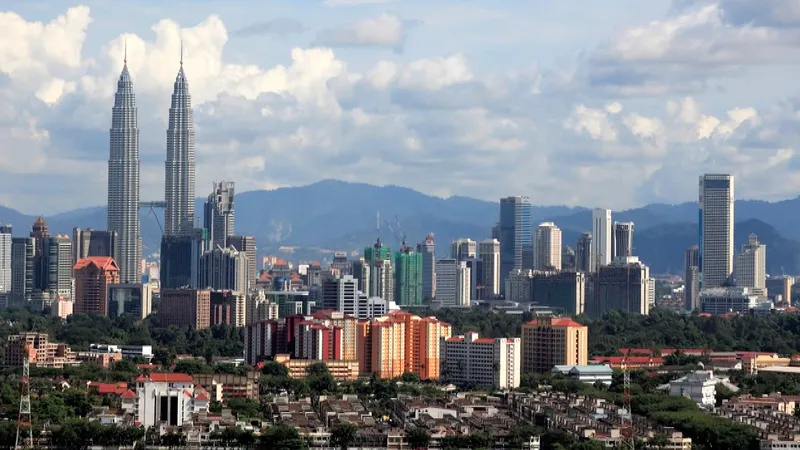When Aira, a 29-year-old marketing executive in Manila, began receiving unsolicited late-night messages from her supervisor, she was unsure of what to do. The messages started with compliments, then moved onto suggestive comments. “I didn’t want to be rude or risk my job,” she recalls. “But I felt trapped—every time my phone buzzed, I felt anxious.”
Unfortunately, Aira’s story is far from unique. A 2022 report by the International Labour Organisation (ILO) revealed that more than 30% of women in Southeast Asia have experienced some form of workplace harassment, yet fewer than 10% report it. The barriers to justice range from fear of retaliation and lack of internal complaint systems to deeply rooted cultural taboos around discussing harassment, especially when power dynamics are involved.
Legislative Landscape
Governments across Southeast Asia have begun responding to the problem, but progress is uneven. Some countries have enacted progressive laws with strong enforcement mechanisms, while others are still relying on broad labor laws or criminal codes to address the issue indirectly.
Singapore
Singapore has taken a relatively advanced approach with its Protection from Harassment Act (POHA), enacted in 2014 and amended in 2019. The law covers workplace harassment, both online and in person, and allows victims to apply for Protection Orders and seek civil remedies. Although not legally binding, the Tripartite Advisory on Managing Workplace Harassment strongly encourages employers to set up clear internal policies, support structures and training employees.
Malaysia
Malaysia made important progress with its 2022 amendments to the Employment Act, which now require all employers to:
- Establish sexual harassment policies.
- Investigate complaints in a timely and impartial manner.
- Ensure no retaliation against complainants.
Additionally, the Anti-Sexual Harassment Act 2022 created a tribunal system dedicated to handling sexual harassment complaints. However, full implementation of the law, including awareness and enforcement mechanisms, is still ongoing.
Philippines
The Philippines has a relatively robust framework. Republic Act 7877 (Anti-Sexual Harassment Act of 1995) addresses harassment in employment and education, while the more recent Republic Act 11313 (Safe Spaces Act) expands protections to cover gender-based harassment in public spaces, online platforms and workplaces. Employers are required to:
- Implement internal policies.
- Provide regular anti-harassment seminars.
- Penalise violators through disciplinary measures.
Indonesia
Indonesia’s 2022 Sexual Violence Crime Law (UU TPKS) marked a major step forward by legally recognising and criminalising multiple forms of sexual harassment, including verbal and non-physical abuse. It places the onus on employers to prevent and respond to harassment and guarantees support such as counseling and legal aid to victims. However, effective implementation across Indonesia’s vast and diverse provinces remains a significant challenge.
Thailand
Thailand’s Labour Protection Act (Section 16) prohibits harassment, including by employers and co-workers. But in practice, enforcement mechanisms are weak, and victims often hesitate to report due to cultural stigma. While discussions on stronger legal protections are ongoing, the lack of a dedicated harassment law leaves many workers vulnerable.
Vietnam
Vietnam’s Labour Code 2019, was the first to define sexual harassment in the workplace. It obligates employers to include anti-harassment provisions in their internal labor regulations. However, enforcement remains minimal, and many employers are either unaware or do not prioritise compliance.
What are the next steps?
While legal frameworks are improving, the gap between policy and practice is still wide. To create truly safe and respectful workplaces, Southeast Asian governments, employers and civil society must take the following steps:
- Mandatory anti-harassment training
Every workplace should implement regular, culturally relevant training sessions for all staff—especially management—to educate about rights, responsibilities and consequences. - Anonymous and accessible reporting mechanisms
Employers must create confidential systems that allow victims to safely report incidents without fear of retaliation. - Independent monitoring and enforcement
Organisations should ensure that they have a robust anti-harassment mechanism in place as there are high probabilities of them being audited on a national or international scale. - Support systems for victims
Counseling, legal aid, and protection services should be made available and easily accessible, especially in rural and underserved areas.
For Aira, her ordeal eventually sparked change. After she confided in a colleague, her company decided to revise its HR policies, adopting a formal reporting system and employee training program. Her manager was investigated and later dismissed. “It was difficult, but I finally felt like my voice mattered,” she says. Aira is not alone and many around the world might face a similar situation.
Are you a company based in Southeast Asia looking to implement internationally benchmarked anti-harassment practices? Write to us today at hello@serein.in.


